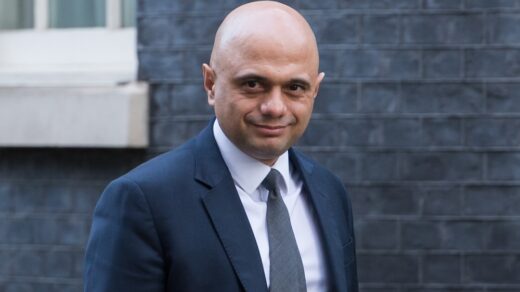LGBTQ+ People, Men Are Seeking More Domestic Violence Help
Author: Christopher Wiggins

An advocacy group in Denver is bringing attention to domestic violence as an ongoing issue.
Men and LGBTQ+ people have been calling for help in more significant numbers since the pandemic began, according to the group.
SafeHouse Denver is hoping to snap the stigma of speaking out for anyone who is a victim of domestic violence. According to its website, the group is the only agency in the city and county of Denver that offers comprehensive domestic violence services to the victims of domestic abuse.
The most common perception of domestic violence is that it is specific to women with cis-male partners.
While SafeHouse Denver reports an increase in the number of men and people who identify as LGBTQ+, only 5 percent of their clients are males, and 13 percent are LGBTQ+, according to Denver Fox affiliate KDVR.
According to the CDC’s National Intimate Partner and Sexual Violence Survey, 44 percent of lesbians and 61 percent of bisexual women experience rape, physical violence, or stalking by an intimate partner, compared to 35 percent of straight women.
LGBTQ+ members reported high rates of intimate partner violence, according to the 2013 CDC study. The violence among bisexual women was twice that of their heterosexual counterparts, and the violence among lesbians and gay men was significantly higher than the incidence among straight people. Many LGBTQ+ survivors of intimate partner violence are afraid of discrimination and are worried about being outed to friends, family, and employers.
It’s important to remember that domestic violence can occur in any relationship, according to Abby Hansen of SafeHouse Denver. Hansen tells KDVR that the agency offers counseling and support to male victims, same-sex partners, and transgender and non-binary clients experiencing domestic violence.
There is, in part, a stigma associated with seeking help, and there is also a lack of awareness on the part of men that organizations like SafeHouse exist, so there is a relatively low number of men who utilize assistance services.
“I think the biggest problem is that there is such a barrier to accessing services for male and non-women identified survivors,” said Hansen told KDVR. “Male survivors often experience shame, blame, guilt, and feel really uncomfortable reaching out for supportive services. That’s why at SafeHouse Denver, we really feel that it’s upon us to be as open and welcoming as possible so that men, transgender, and nonbinary individuals feel comfortable accessing our services.”
You can contact the National Domestic Violence Hotline by calling 1-800-799-7233 or visiting https://www.thehotline.org/.
Original Article on The Advocate
Author: Christopher Wiggins





